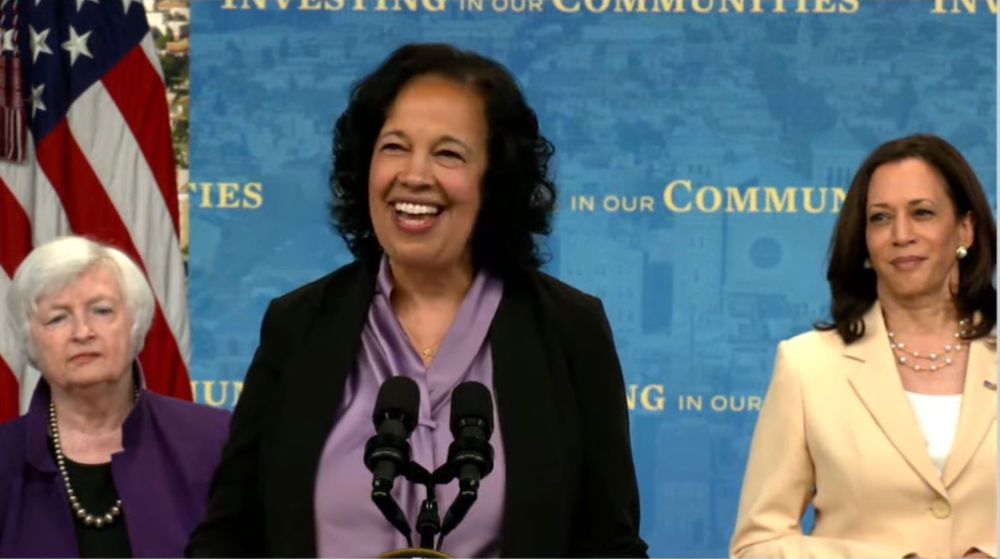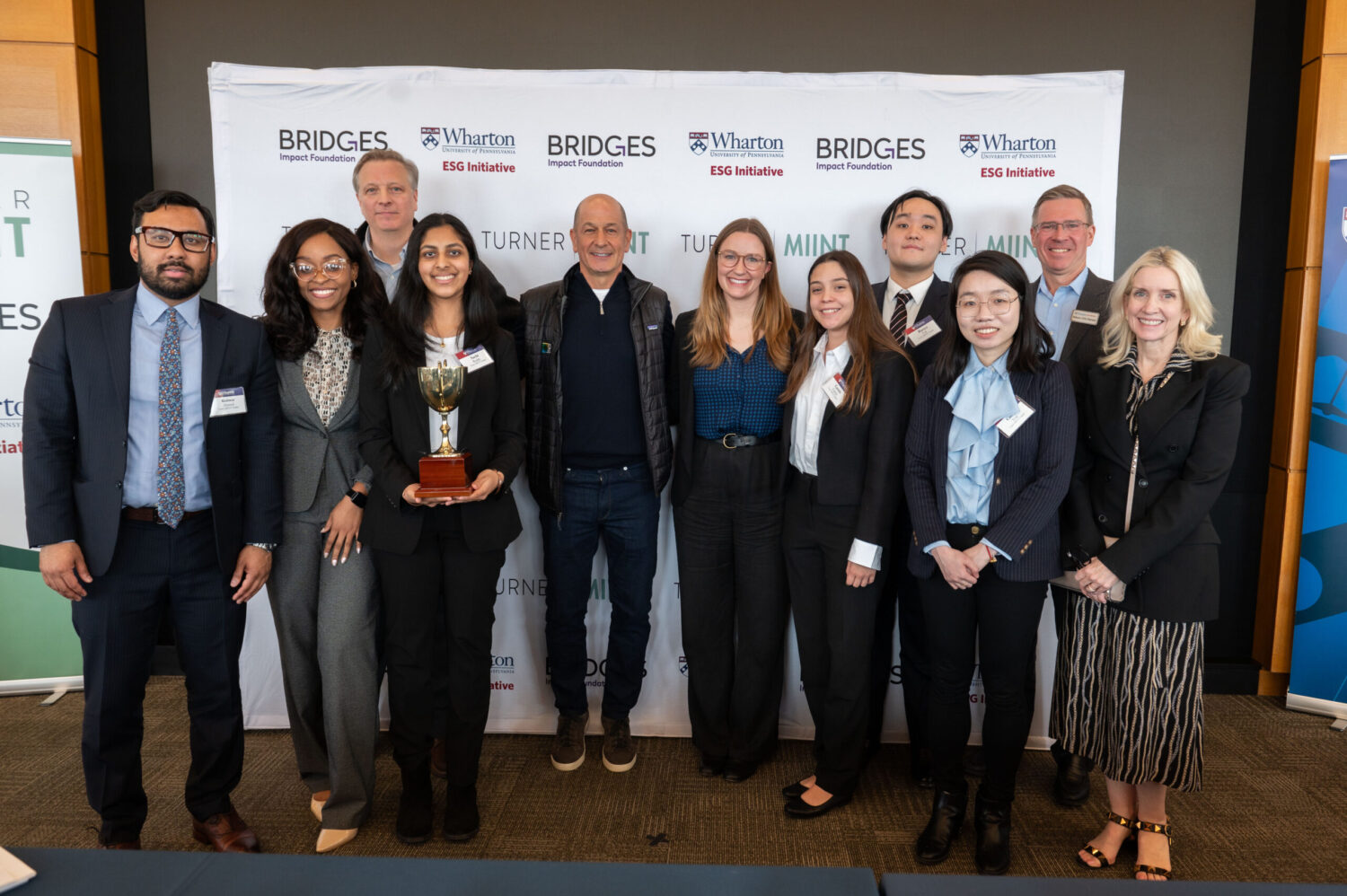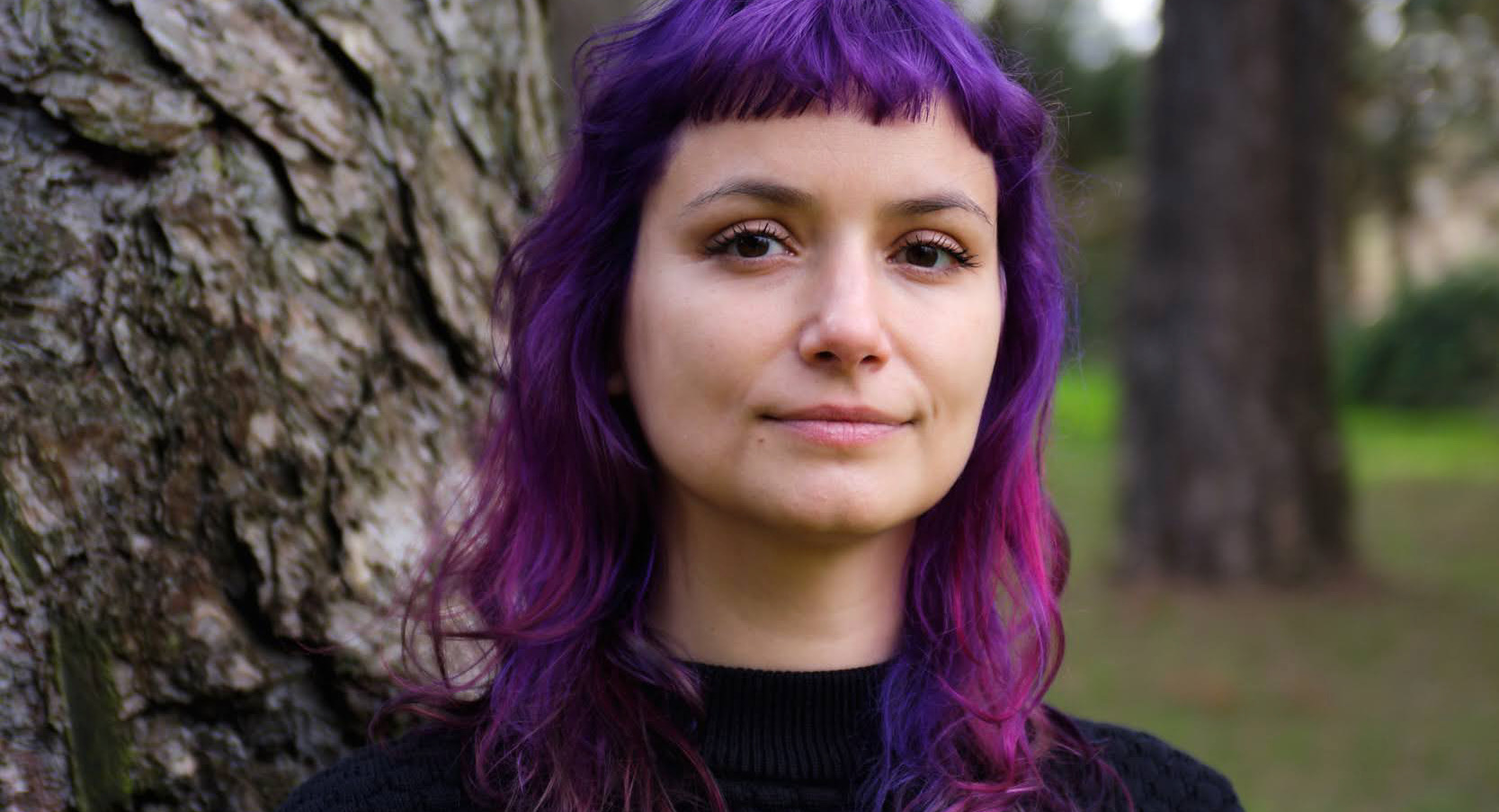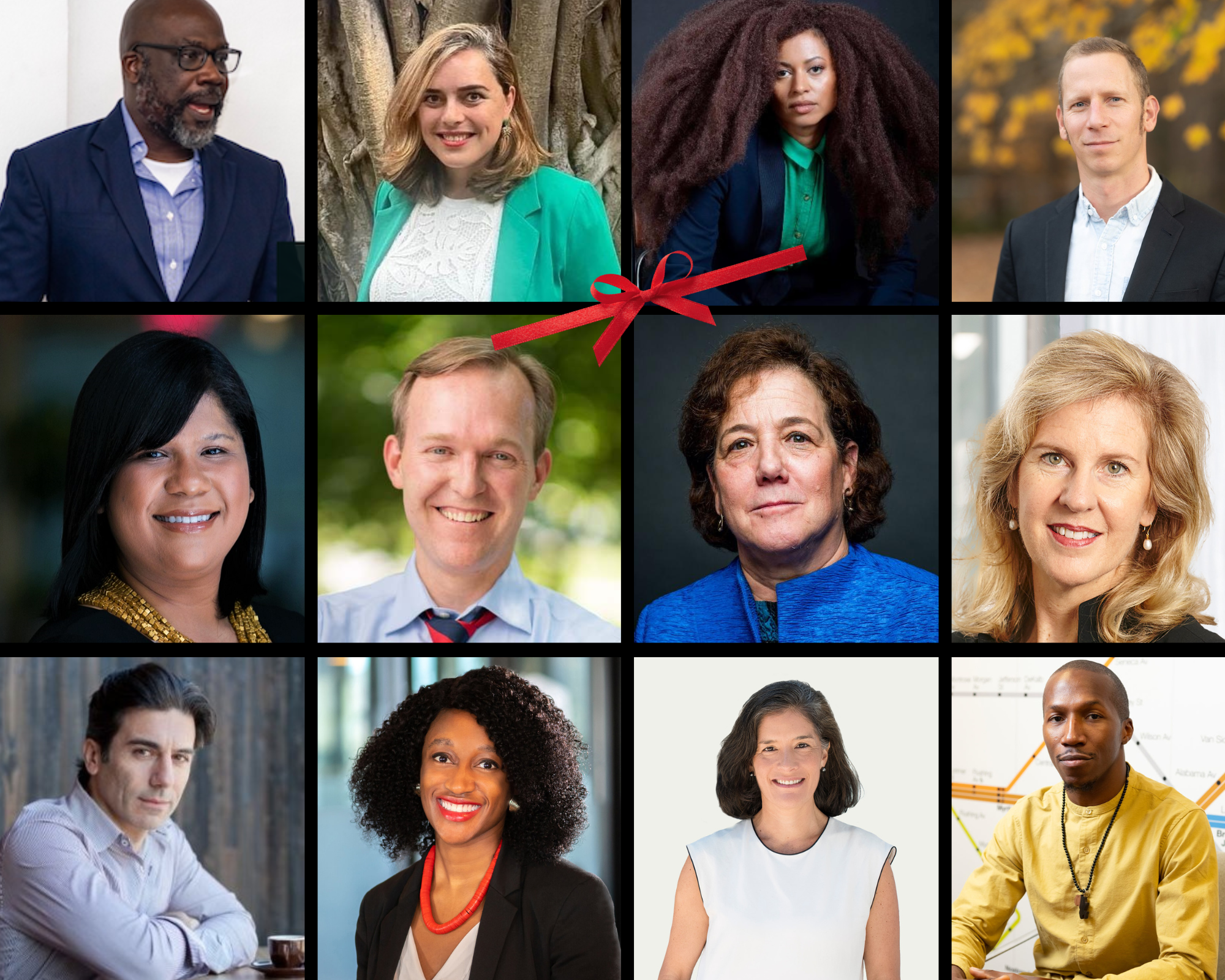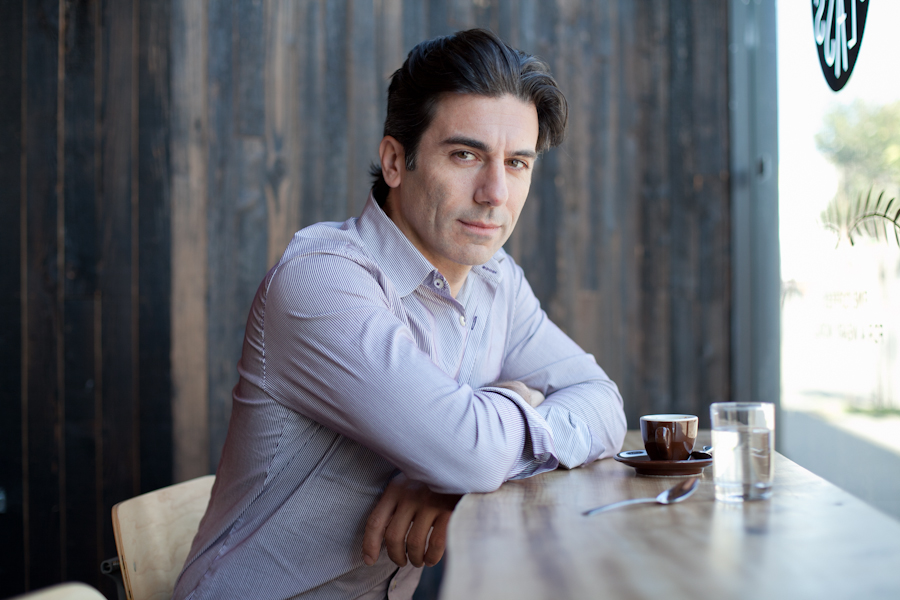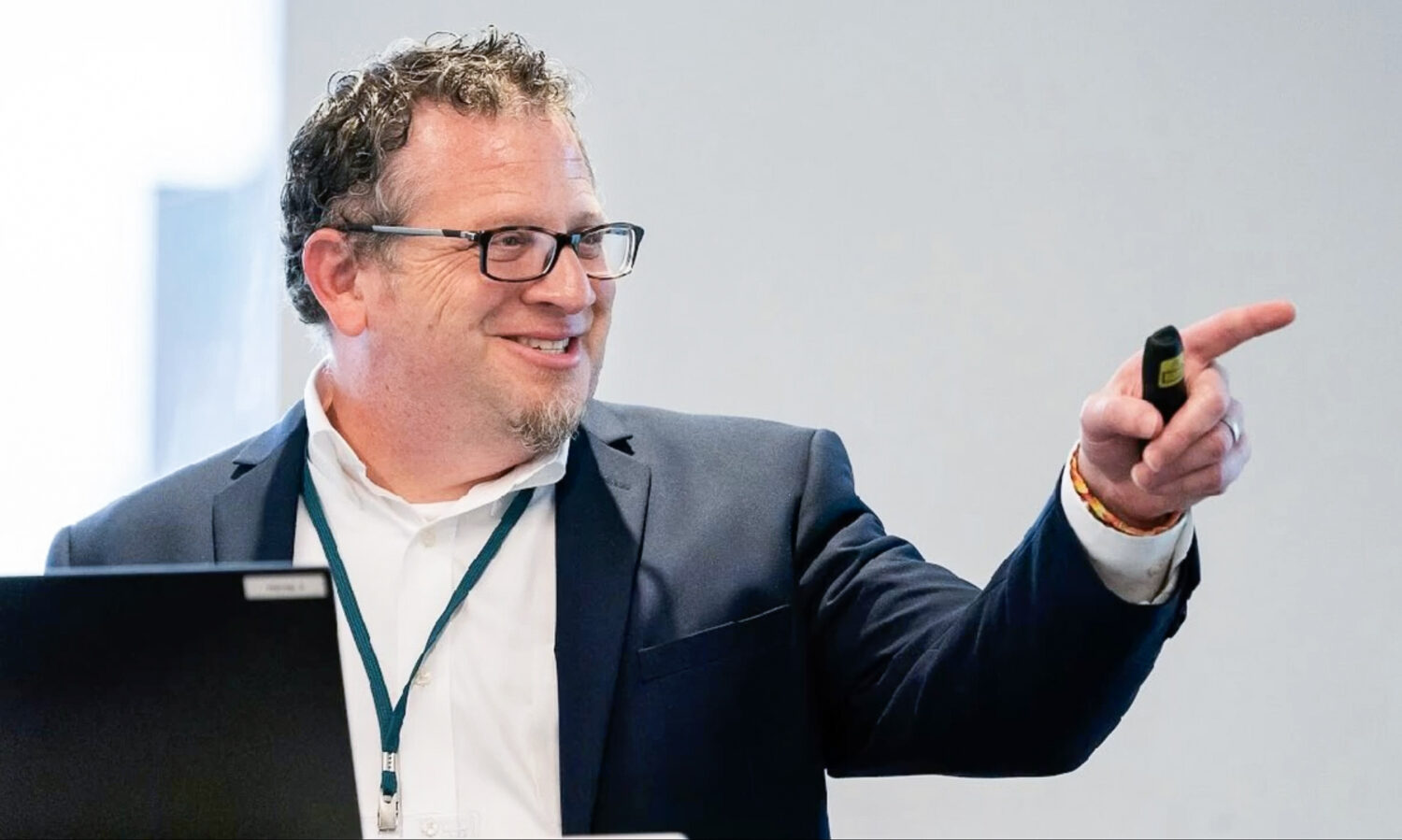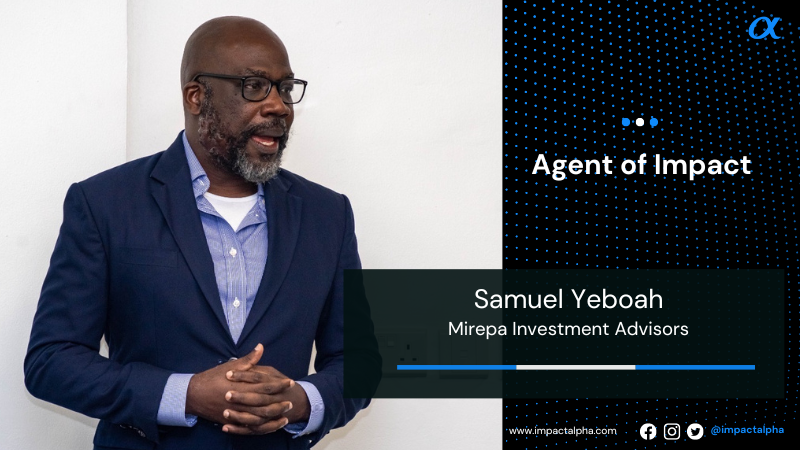The rising star of community development financial institutions, or CDFIs, was on display in Lisa Mensah’s appearance alongside Vice President Kamala Harris and Treasury Secretary Janet Yellen. The occasion: the announcement of $1.3 billion in flexible capital for 863 CDFIs, the first tranche of $12 billion allocated to community lenders in December’s COVID. The total is more than has flowed through the federal CDFI Fund since it was created in the 1990s. The infusion represents a step-change for financial first-responders like Renaissance in New York, Accion in California, Hope in Mississippi and the Northwest Native Development Fund in Washington that played key roles in the COVID pandemic. CDFIs channeled $34 billion in federal forgivable loans to thousands of small businesses owned by women, people of color and rural entrepreneurs poorly served by a financial system dominated by megabanks.
Mensah, the daughter of a Black Ghanaian father and a white Oregonian mother, served as President Obama’s undersecretary of agriculture for rural development. Since taking the helm of Opportunity Finance Network, the industry’s trade group, in 2017, she has rallied support to expand CDFIs’ ability to provide badly needed capital in both urban and rural communities. During COVID and the protests over the murder of George Floyd, OFN emerged as a key intermediary for corporations and other partners looking to help small businesses recover and make good on their racial justice pledges. Google invested over $180 million into community lenders through OFN last year. This week, Wells Fargo made a $25 million grant to OFN’s Finance Justice Fund, launched last year with $100 million from Twitter. Vice President Harris called Mensah “an extraordinary leader.” Mensah signaled her continued resolve in a guest post on ImpactAlpha marking Juneteenth. “As we mark the joy of Emancipation this week,” she writes, “the painful realities for Black Americans are a reminder that the nation’s promise of liberty and justice for all remains unfulfilled for every American.”

